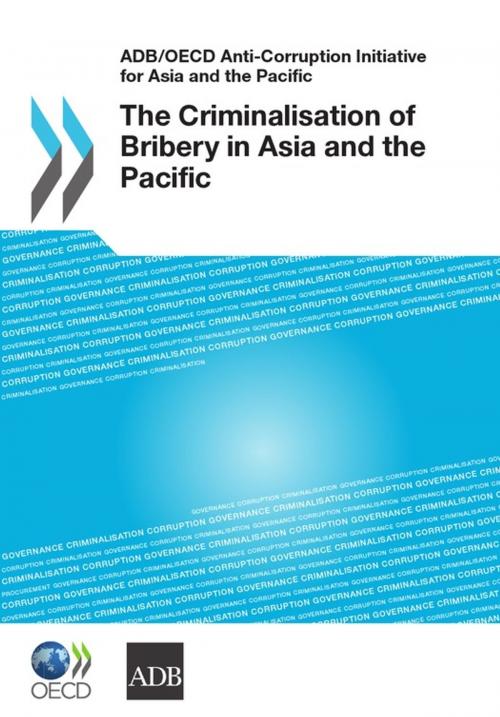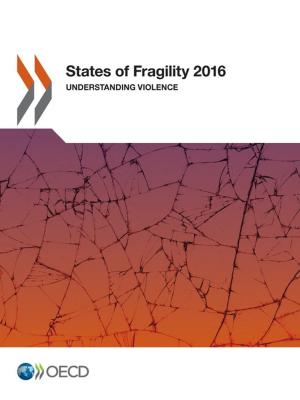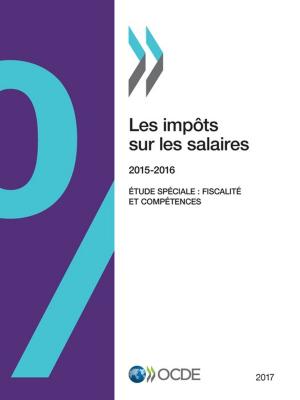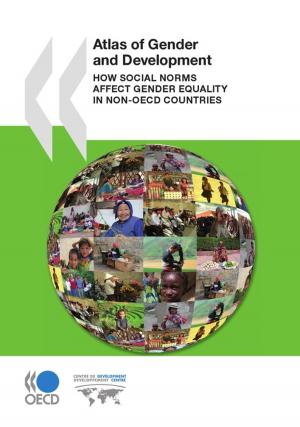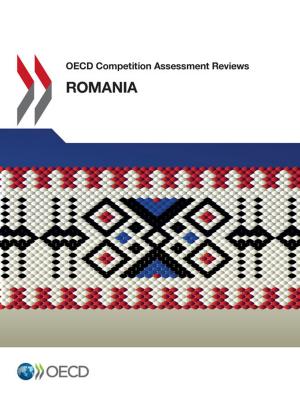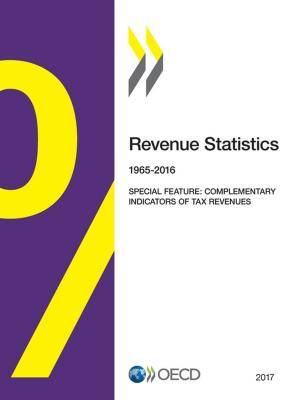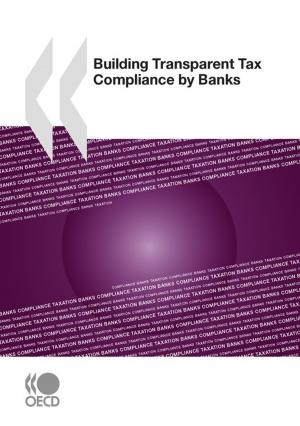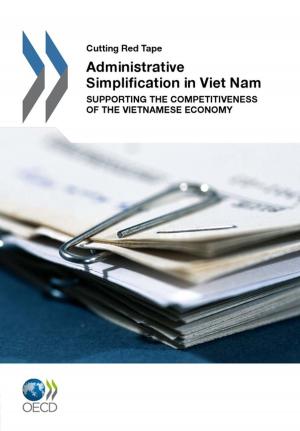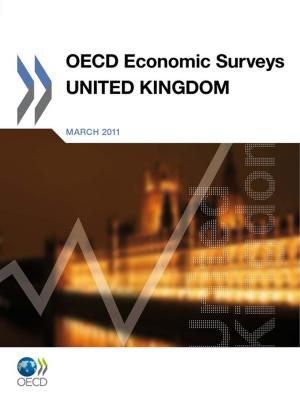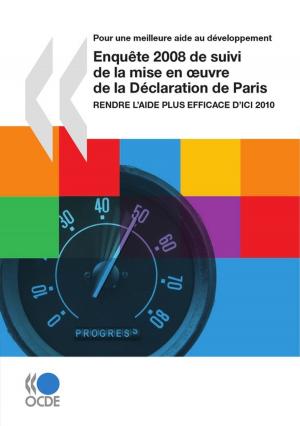The Criminalisation of Bribery in Asia and the Pacific
Nonfiction, Social & Cultural Studies, Political Science, Government| Author: | Collective | ISBN: | 9789264097445 |
| Publisher: | OECD | Publication: | March 13, 2011 |
| Imprint: | OECD | Language: | English |
| Author: | Collective |
| ISBN: | 9789264097445 |
| Publisher: | OECD |
| Publication: | March 13, 2011 |
| Imprint: | OECD |
| Language: | English |
Criminalisation is a key component of all international anti-corruption instruments. For example, the OECD Convention on Combating Bribery of Foreign Public Officials in International Business Transactions (Anti-Bribery Convention) and the UN Convention against Corruption (UNCAC) both require States Parties to enact specific criminal offences on bribery. The Asian Development Bank (ADB)/Organisation for Economic Co-operation and Development (OECD) Anti-Corruption Initiative's Action Plan commits countries to ensure ‘the existence of legislation with dissuasive sanctions which effectively and actively combat the offence of bribery of public officials’.
However, criminalisation can be a challenging task, as experienced by many countries Party to the Anti-Bribery Convention. This report reviews the criminalisation of bribery offences in Asian countries under the UNCAC. Drawing on the experience of the OECD Anti-Bribery Convention's monitoring mechanism, the review focuses on each member's implementation of UNCAC Articles 15, 16 and 26 (domestic and foreign bribery by natural and legal persons). The review also identifies trends and challenges across the Asia-Pacific region.
Criminalisation is a key component of all international anti-corruption instruments. For example, the OECD Convention on Combating Bribery of Foreign Public Officials in International Business Transactions (Anti-Bribery Convention) and the UN Convention against Corruption (UNCAC) both require States Parties to enact specific criminal offences on bribery. The Asian Development Bank (ADB)/Organisation for Economic Co-operation and Development (OECD) Anti-Corruption Initiative's Action Plan commits countries to ensure ‘the existence of legislation with dissuasive sanctions which effectively and actively combat the offence of bribery of public officials’.
However, criminalisation can be a challenging task, as experienced by many countries Party to the Anti-Bribery Convention. This report reviews the criminalisation of bribery offences in Asian countries under the UNCAC. Drawing on the experience of the OECD Anti-Bribery Convention's monitoring mechanism, the review focuses on each member's implementation of UNCAC Articles 15, 16 and 26 (domestic and foreign bribery by natural and legal persons). The review also identifies trends and challenges across the Asia-Pacific region.
